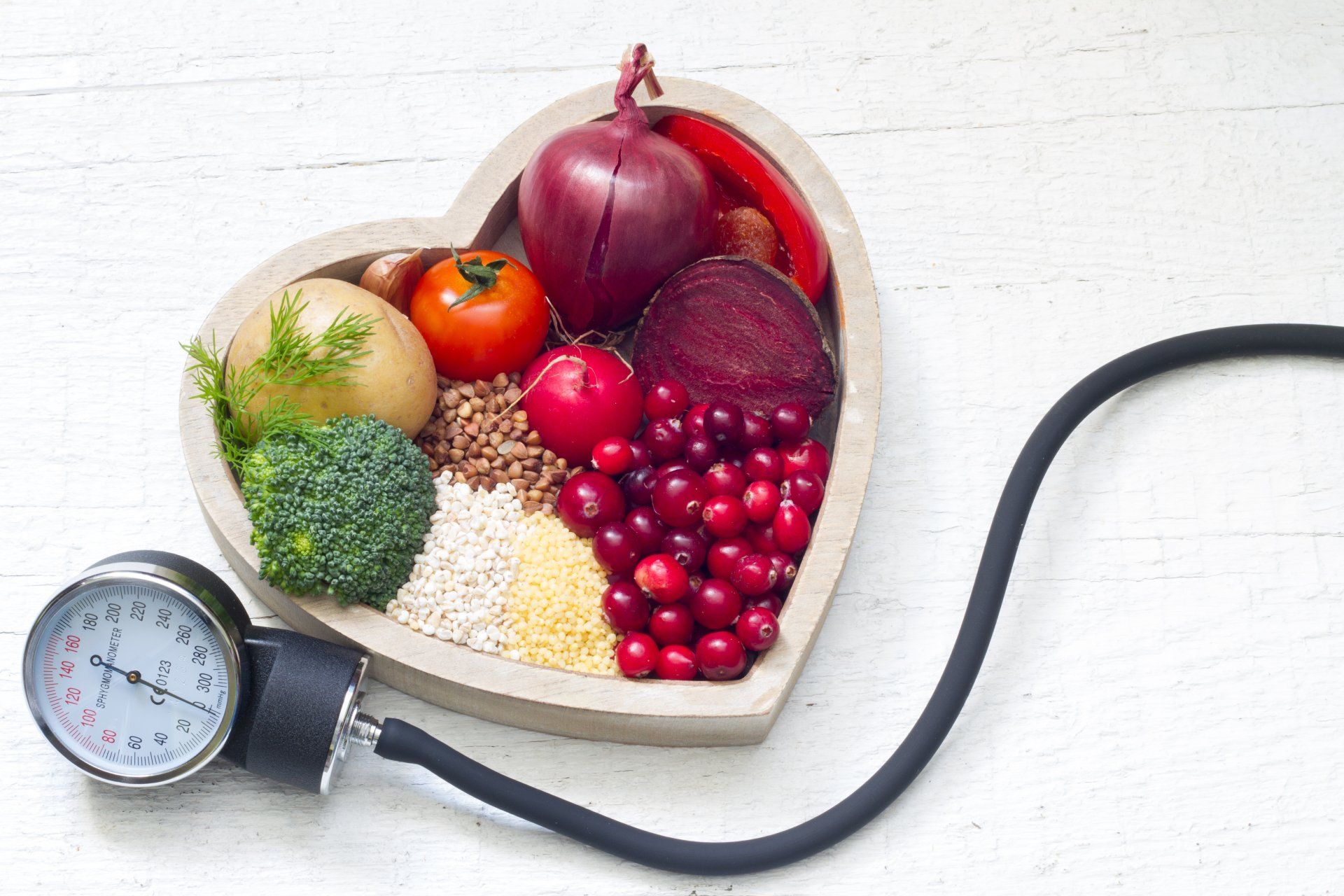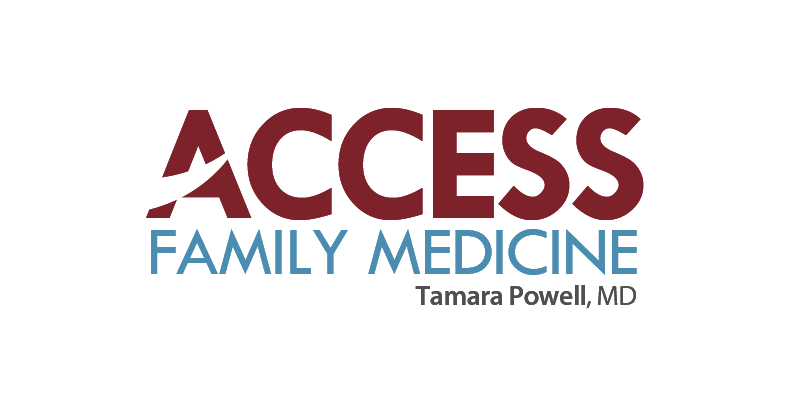Another COVID-19 Vaccine Update
Once again, here's another COVID Vaccine Post!
It’s the hot topic in the medical field these days. There is a lot of misinformation causing all sorts of angst about the vaccine. Hopefully I can help to answer some questions.
I want to pause for a second and talk about reliable sources of information, because that's super important when talking about medical stuff. When I'm not sure about something medical I will often add the words "Mayo Clinic", "Cleveland Clinic", "AAFP" (American Academy of Family Physicians), or "AAP" (American Academy of Pediatrics) to the end of my search. These various organizations have great patient information that is considered trustworthy by the medical community. So, why am I qualified? I am a Family Doctor w/ 4 years of med school + 3 years of residency, and I've been practicing here in Grants Pass for over 22 years. I try hard to give people information that I have investigated and hope to be found trustworthy and helpful.
In the interests of transparency, what are my own personal biases about the COVID vaccine? I'll be the first to admit that I had some concerns about getting a brand new vaccine. I was sitting on the fence until November. Ultimately, as I watched lectures, did a bunch of reading, and learned from more people (who are smarter than I am!), I made a decision to go ahead with it. I get my vaccine this coming Thursday!
So let's talk about some of the questions I get asked often:
Thanks for reading!
Let me know below if you have other questions, I'll try to address them as able & add the questions & answers here as well. See the links below for many of the sources to the answers above.
https://www.cdc.gov/.../vacc.../different-vaccines/mrna.html
https://www.acog.org/.../vaccinating-pregnant-and...
https://www.npr.org/.../pregnant-people-havent-been-part...
https://www.cdc.gov/.../info.../clinical-considerations.html
https://www.acog.org/.../ba82df62bd0149f0a1019a6662038fc5...


